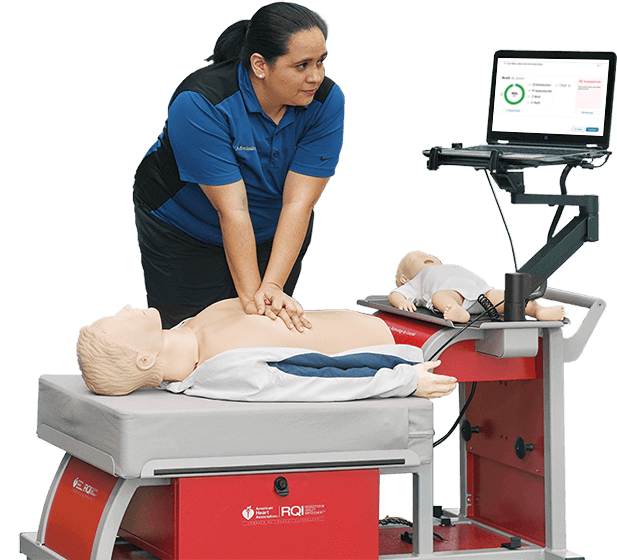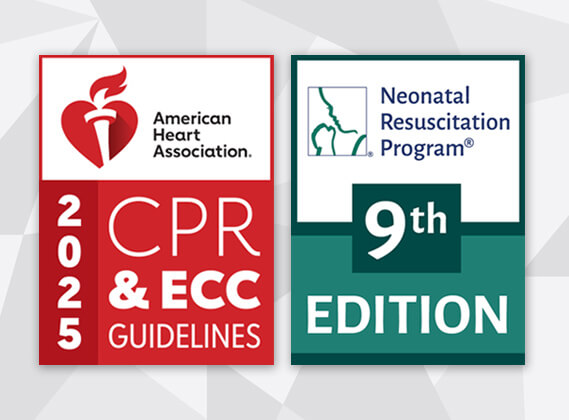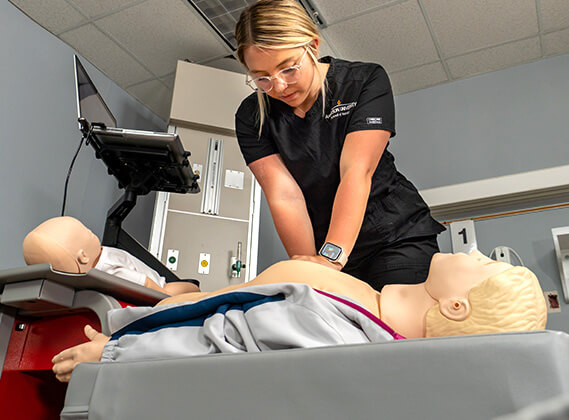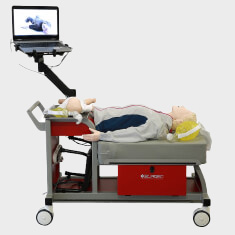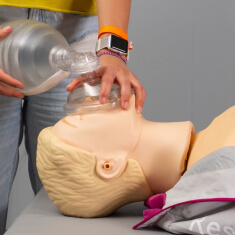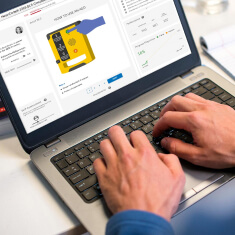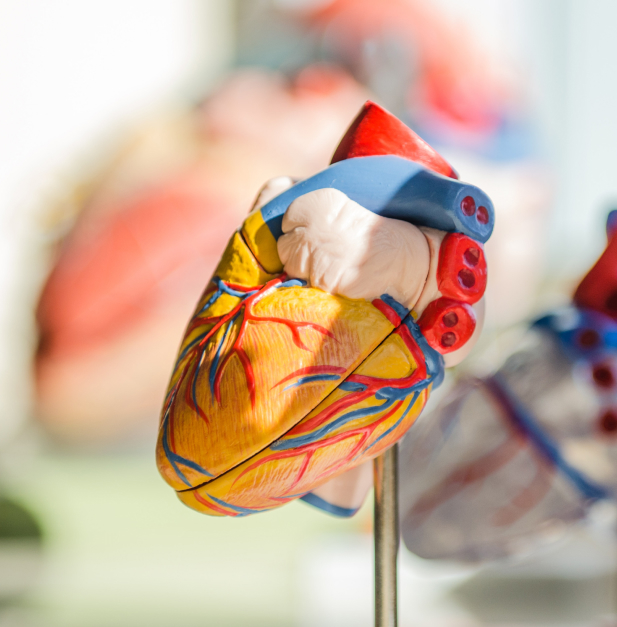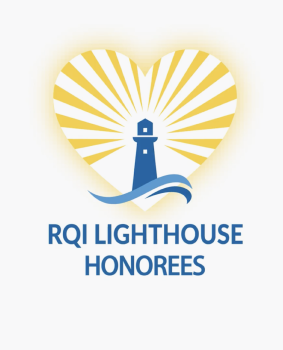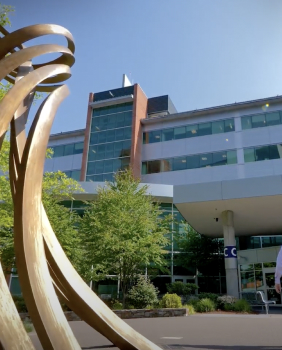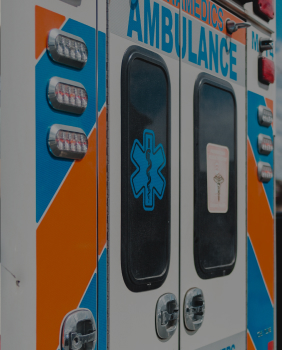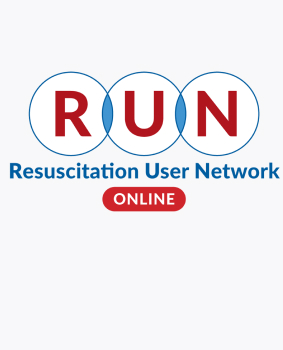Modern CPR for Modern Care
RQI Partners, a partnership created by the American Heart Association® (AHA®) and Laerdal Medical, exists to deliver modernized CPR training based on the latest AHA guidelines. RQI Partners delivers the only data-driven and evidence-based CPR training program in the world proven to improve CPR quality.
Product Improvements and Science Updates Related to 2025 Guidelines Releases
The American Heart Association® (AHA) will release the official 2025 AHA Guidelines for CPR & ECC on Wednesday, October 22, 2025. In collaboration with the American Academy of Pediatrics (AAP), the AHA jointly develops pediatric and neonatal resuscitation guidelines, which will also be released on October 22, 2025. Join the full day of programming and explore program enhancements now.
Modernized, resuscitation training solutions
Digital and simulation resuscitation training equips healthcare providers to deliver excellent CPR to patients. Our self-directed skill sessions boost confidence and competence, while our science-based technology allows for flexibility so healthcare providers can learn on their own schedules — increasing time spent with patients and decreasing time spent in a classroom. With highly realistic, lifelike simulation, RQI Programs meet healthcare workers where they are to provide high-quality CPR to every patient, every time.
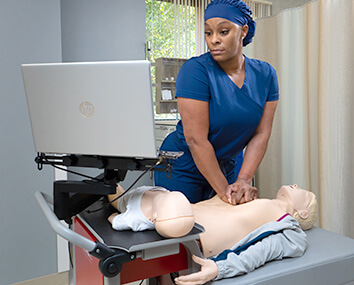
Resuscitation Quality Improvement® (RQI®)
This low-dose, high-frequency training model lets learners attain and retain mastery of CPR skills. Hospitals get detailed insights into staff performance for organizational improvement.
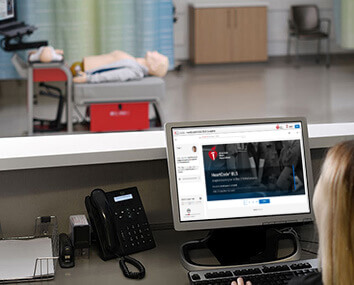
HeartCode® Complete
Offers courses in 2-year cycles. Combines the online courseware with the advantage of utilizing the RQI Simulation Station for completing the CPR skills session.
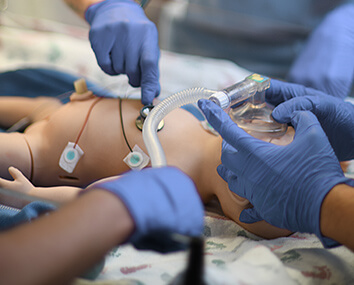
Neonatal Resuscitation Program® (NRP®)
These best-in-class solutions provide evidence-based training for neonatal resuscitation and care. Offering both blended learning courses and a self-directed quality improvement program, NRP solutions prepare healthcare professionals across various settings.
MILLION+
healthcare providers have enrolled in the RQI Program since 2018. That’s millions of learners ready to save lives from sudden cardiac arrest. The low-dose, high-frequency training model prevents CPR skills decay.
improvement in staff CPR quality in the first year with RQI and another 20% in the second year, according to hospital research.
of learners feel they learn best with RQI’s quarterly model than in a two-year model.
of learners agree they feel confident performing high-quality CPR because of the RQI Program.
Efficient, Effective Training to Save Lives
Program digital delivery means staff can complete training during work hours without the need for backfill, and organizations save through a subscription model that accommodates staff turnover without additional costs.
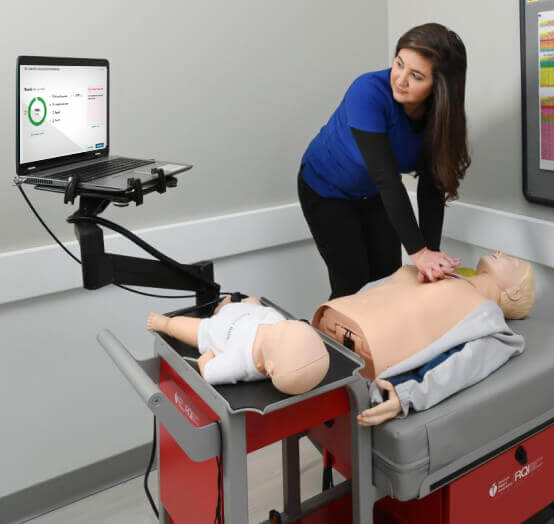
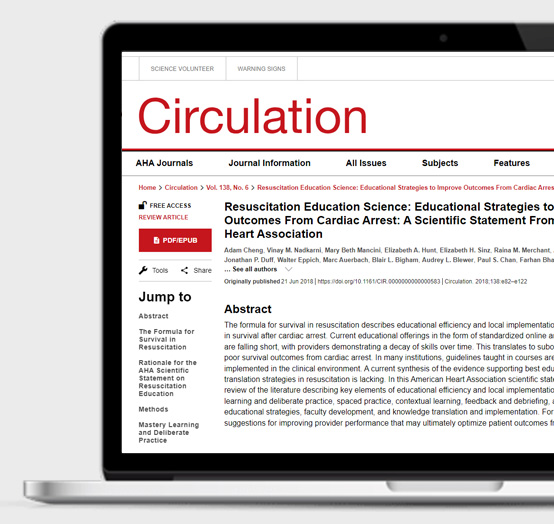
Evidence-Based Learning
The RQI model made its debut in 2015. The rationale, design, and urgency for this new standard of care was founded in research. Now it is measured in research to continually assess maximum impact for increasing survival outcomes. RQI programs use adaptive learning technology to customize training to the learner’s needs. All curricula incorporate the latest AHA science and resuscitation guidelines.
Learner Confidence and Skills Mastery
Analytics report learners gain confidence in their CPR skills. Data insights demonstrate organizational mastery and competence in performing high-quality CPR. Resuscitation solutions prepares staff to respond to real-life sudden cardiac arrest.
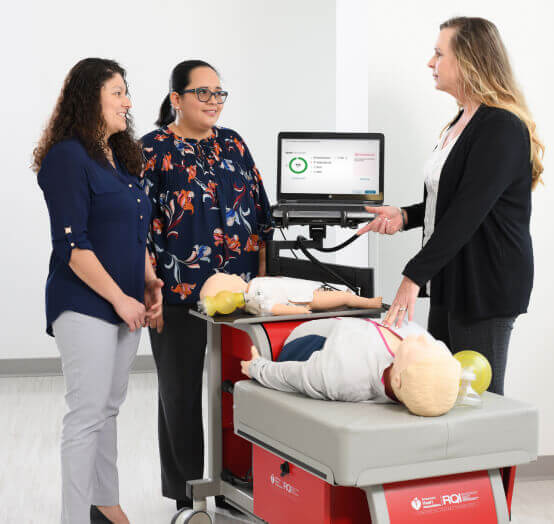
Our programs are tailored for
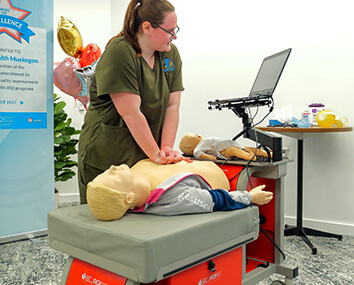
Healthcare Providers
Gain CPR skills mastery with personalized, evidence-based learning on their schedule. With on-demand and frequent skills refreshers, patient care staff in-hospitals gain confidence in and mastery of high-quality CPR skills.
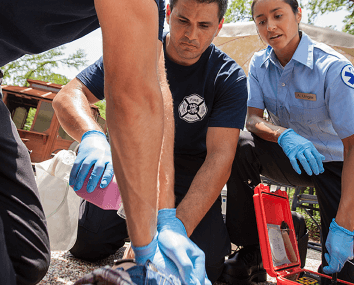
First Responders
EMS and Telecommunicators play the most critical roles in survival from out-of-hospital cardiac arrest. More lives can be saved with increased frequency and quality of resuscitation training.
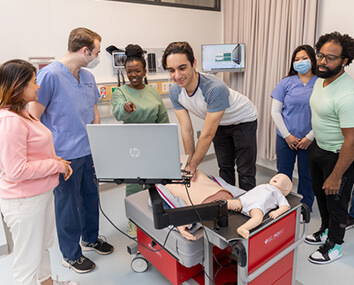
Education Departments
Education administrators can get detailed insights into learner performance to monitor effectiveness and staff CPR skills mastery. Learners have easy access to training through RQI 1Stop or a hospital’s online learning management system.
Resources
Access additional resources to support healthcare providers in building competence and confidence in high-quality CPR based on the latest information and research.




